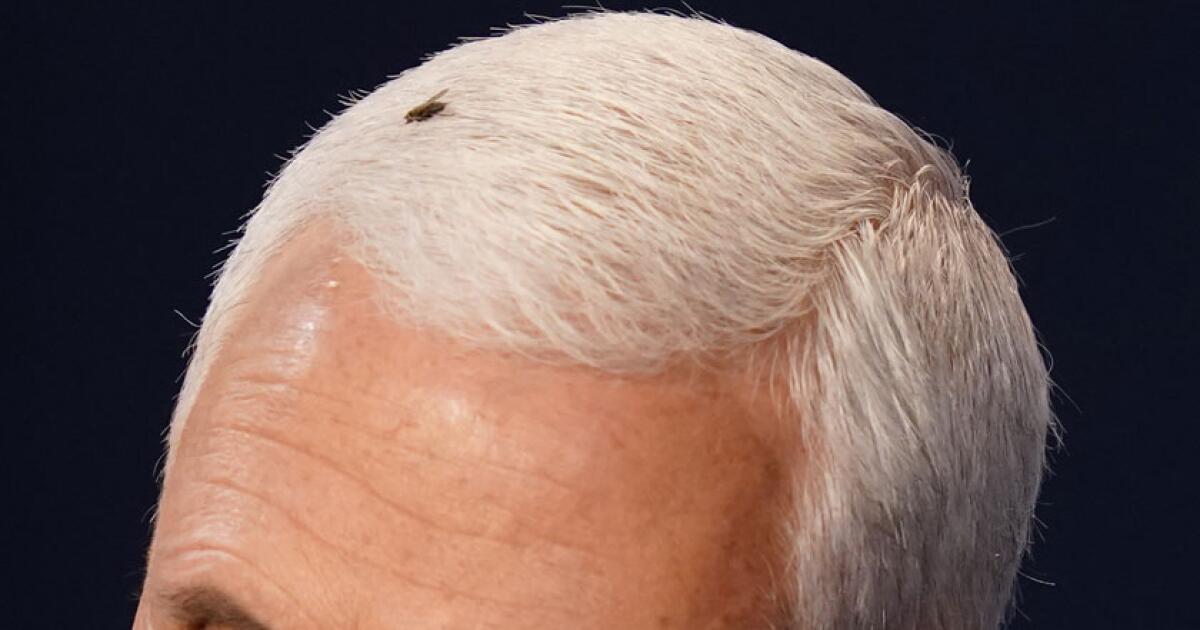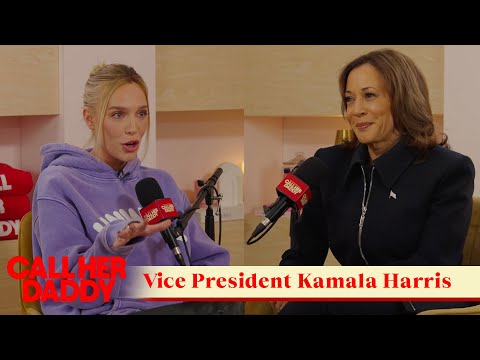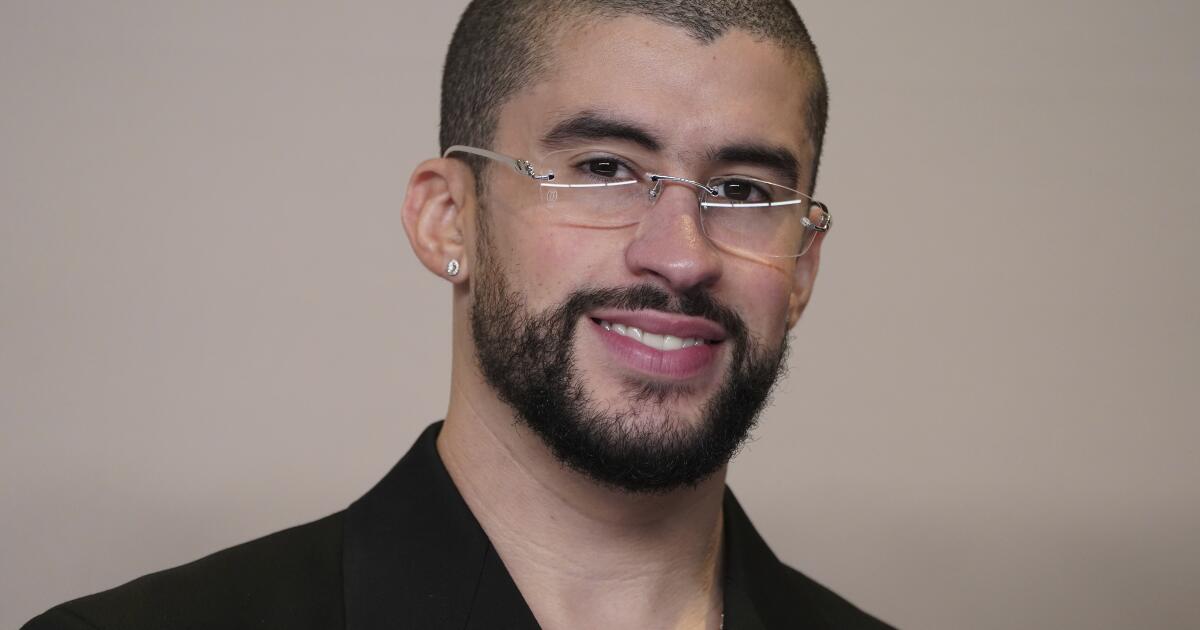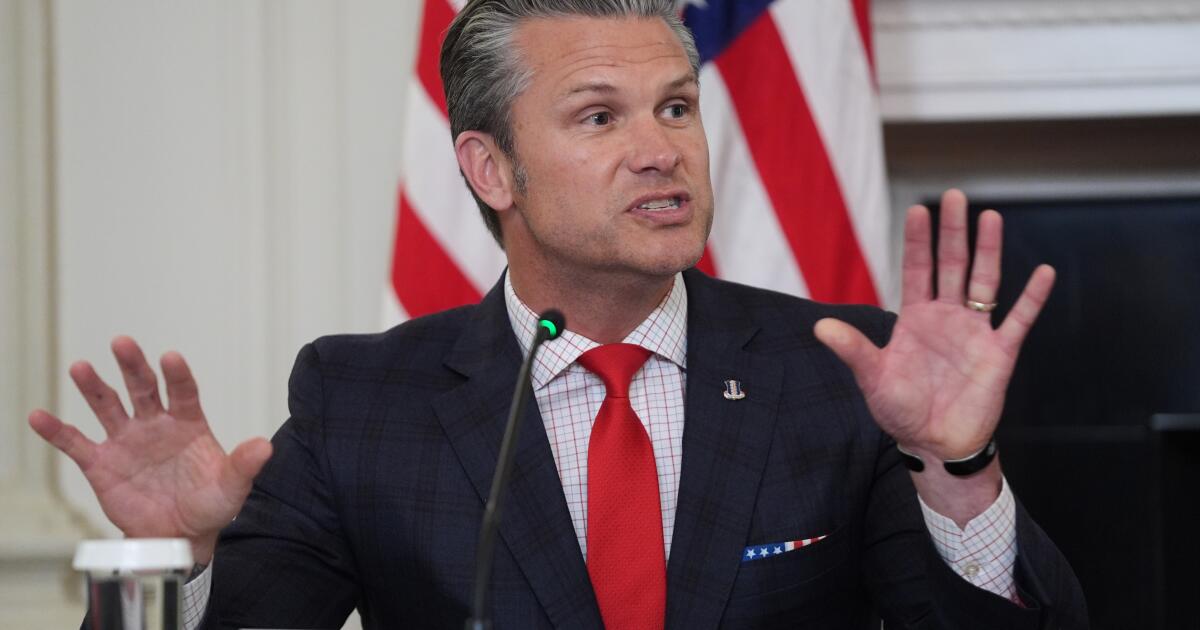
There is no end of put-downs that attach to the job of vice president, a position that’s widely treated as irrelevant when its occupant is not ignored altogether.
So it’s hardly surprising the modern history of vice presidential debates is notably lacking in both gravity and moments of true political significance. In fact, since the first match-up of presidential understudies nearly 50 years ago, precisely zero have made a shred of difference in the race for the White House.
“There are so many other factors to consider,” said Christopher Devine, a University of Dayton professor who’s written extensively about the vice presidency. “It’s not that voters don’t care much about the vice presidential debate. It’s that compared to everything else, it doesn’t matter as much.”
Even so, tens of millions of viewers are expected to tune in Tuesday night when Ohio Sen. JD Vance and Minnesota Gov. Tim Walz meet in the New York City studios of CBS News for 90 minutes of backing-and-forthing.
Why bother watching?
“Vice presidents actually do matter,” said Jody Baumgartner, an East Carolina University expert on the office. “They are another voice that’s close to the president.”
And while some vice presidents have had more influence than others — Dick Cheney, say, as opposed to Mike Pence — each has been second in line to the presidency and all have been that proverbial heartbeat from stepping into the Oval Office and assuming the presidency.
“So, at a minimum,” Baumgartner said, a vice presidential debate “gives us, the American citizens, a chance to get to know who that [person] is … a sense of who they are and what they might be all about.”
Devine offered another reason to watch, assuming issues are your thing. Without the distracting histrionics of the blustering Republican nominee, the Vance-Walz face-off could prove more substantive than the two presidential debates that took place this summer.
“When Donald Trump’s a presidential candidate, you get a lot of personality and controversy and all that kind of stuff,” Devine said. “People might think this is a better forum in which to get, from the horse’s mouth, what the different presidential tickets actually stand for.”
Not that the debate is likely to change a great many minds.
“The reality is it’s probably, for most people, going to function as an outlet for them to cheer on JD Vance or to cheer on Tim Walz,” Devine said.
If issues aren’t your thing — it’s OK, we don’t judge! — you might want to tune in Tuesday night hoping for the odd or unexpected. Some of the most resonant political moments in recent history have taken place on the vice presidential debate stage.
In 1976, in the first-ever televised vice presidential debate, Republican Bob Dole notoriously described World War I, World War II and others that Americans fought in the 20th century as “Democrat wars.” The number of killed and wounded “would be … enough to fill the city of Detroit,” he went on, adding salt to the slur. It took Dole years to live down his image as a political hatchet man.
In 2008, Republican Sarah Palin prompted days of discussion by winking her way through a debate with Democrat Joe Biden. (She winked at least six times at 70 million viewers, the largest audience ever to watch a vice presidential debate. It marked the first and only time in history a vice presidential debate has drawn a bigger audience than the match-up of presidential contestants.)
Four years ago, as Pence and Harris were discussing systemic racism, a fly settled on the snowy expanse of Pence’s white coiffure — and ended up walking away with the evening’s affair. Researchers at New York University analyzed online activity during the 90-minute session, as well as two hours before and after the debate, and found the fly was mentioned nearly 30% more, on average, than Trump, Biden, Pence or Harris.
But arguably the most famous vice presidential debate took place in 1988 when Republican Dan Quayle faced Democrat Lloyd Bentsen. Quayle, who was 41 at the time, had gone through a rough initiation after his surprise selection to serve as George H.W. Bush’s running mate.
Asked for the umpteenth time about his relative youth, Quayle said he had more experience than others who’d run for president and as much congressional experience as John F. Kennedy when he sought the White House.
Bentsen, with a gunslinger’s glint to his eye, cooly responded, “Senator, I served with Jack Kennedy. I knew Jack Kennedy. Jack Kennedy was a friend of mine. Senator, you are no Jack Kennedy.”
Quayle’s stricken look — a rictus of shock and humiliation — spoke to the devastation of the rejoinder after which, it’s fair to say, his callow image never fully faded.
Not that it mattered.
“It’s the most conclusive, definitive loss by a vice presidential candidate in any debate ever,” said Northeastern University’s Alan Schroeder, who has written an authoritative history of the high-stakes political match-ups. And yet, just a few weeks later, Bush and Quayle romped to victory.
So don’t tune in supposing Tuesday’s event will decide the Harris-Trump contest.
But if you’re the kind whose tastes run more toward C-SPAN than SportsCenter, fix a drink or pop some popcorn and settle in with JD and Tim and debate moderators Norah O’Donnell and Margaret Brennan.
You could be in for an entertaining, or at least interesting, evening.



